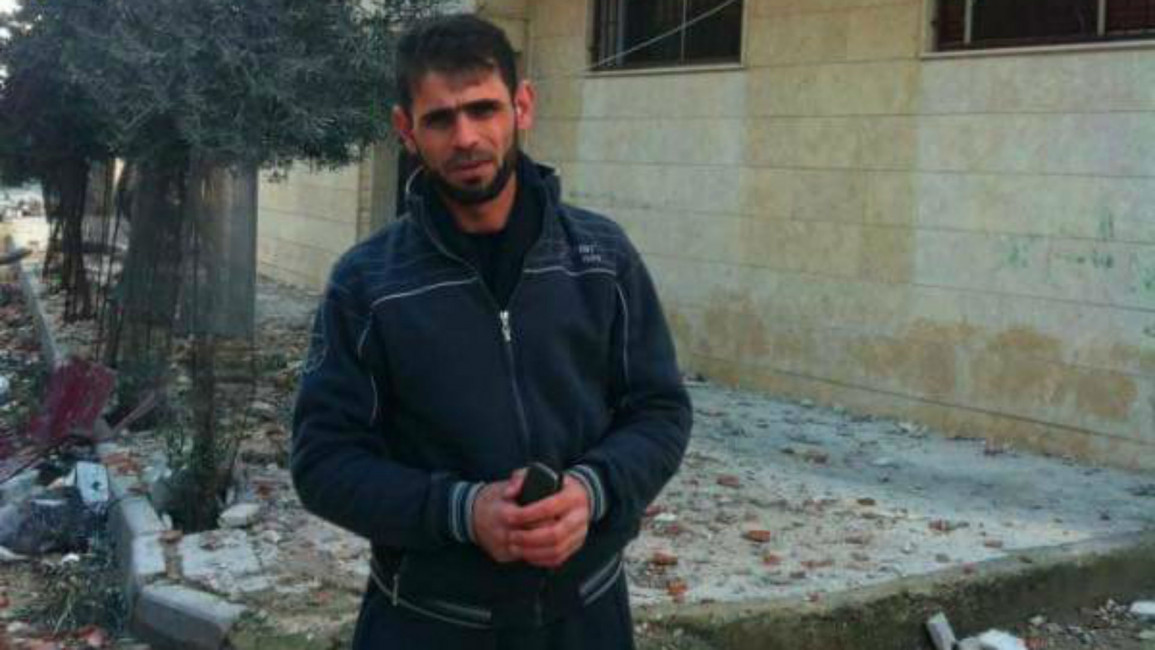'Eyes of Baba Amr': Syrian journalist who documented Siege on Homs dies in regime detention
A Syrian activist known for his courageous reporting during the first years of Syria's revolution has reportedly died in regime detention, according to reports this week.
Ali Mahmoud Othman documented the regime's siege and bombardment of Homs, one of the first cities to rise up against Bashar al-Assad's rule in 2011.
His reports from the city brought global attention to the horrific siege and assault on Hama by regime forces, along with the brave work of activists in Bab al-Amr and the horrors civilians had to ensure.
He was known as "The Eyes of Baba Amr", named after the district in Homs which he documented fierce fighting between Assad's forces and rebels in 2012.
Opposition areas of Homs were eventually captured by regime forces in April 2013, following a punishing offensive. Activists - including Othman - who did not escape the assault were detained by the regime.
Mansour Omari, a reporter for the Syrian opposition newspaper Enab Baladi, reported this week that Othman was killed in detention in December 2013.
His family were informed of his death in February this year, with reports from activists emerging this week confirming Othman’s demise.
Othman was the head of the Baba Amr Media Centre and worked with the American journalist Marie Colvin, who was killed following shelling on their offices in Homs, February 2012.
|
|
Colvin's colleague, British journalist Paul Conroy, was injured in the attack, with human rights groups saying the media centre was deliberately targeted by government forces due to their reporting.
Othman helped save the cameraman by finding Conroy an escape route out of Baba Amr, but refused to leave the besieged city himself.
He was captured by regime forces on 28 March 2012 and paraded on pro-government TV, after reportedly being severely tortured.
The then-UK foreign secretary William Hague said in a statement that "the Syrian regime will be held responsible for Mr. Othman's safety."
Thousands of peaceful activists, journalists and protesters have been killed in regime detention, since anti-government protests broke out in 2011.
Families of the detainees have started to receive so-called "death notices" this year, informing them that their loved ones have died in regime jails.
Prison medical officers have reported natural causes on the death notices, but Syria's jails have a notorious reputation, where food and medical shortages, torture, and execution are routine.



